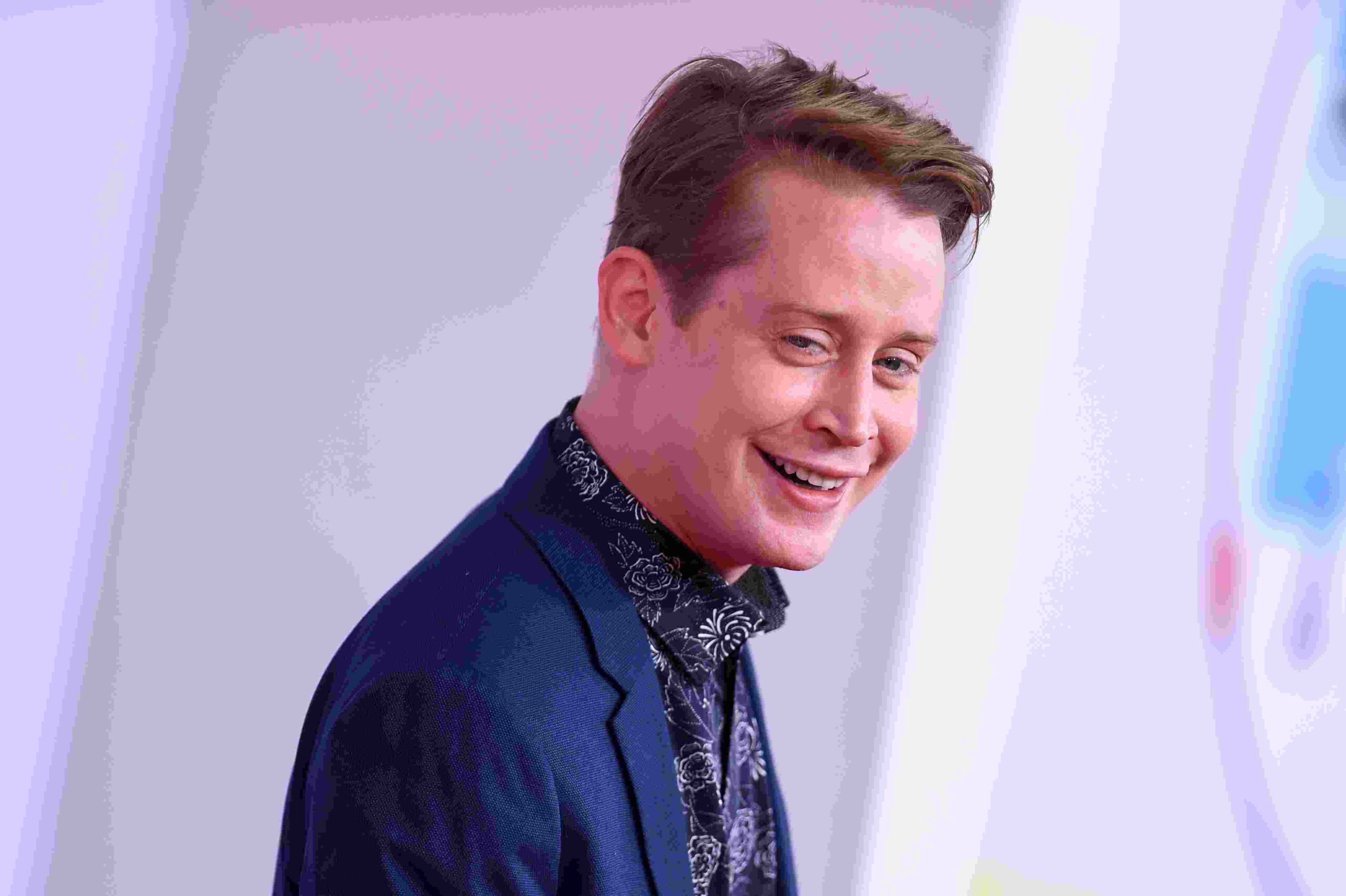At Mckpage, we understand the importance of accessible education for all. That’s why we offer a range of disability courses and programmes in South Africa to ensure that everyone has the opportunity to learn and grow.
Our commitment to inclusive education extends beyond the classroom, and we believe that everyone should have access to information about the courses and programmes available to them.
South Africa is home to a number of disability courses and programmes designed to cater to a variety of needs.
From short courses to full-time programmes, there are options available for everyone.
Disability Courses and Programmes in South Africa
Here’s a closer look at some of the most popular disability courses and programmes available in South Africa:
1. Disability Studies
Disability studies is a field of study that explores the social, political, and cultural factors that contribute to the experiences of people with disabilities.
This field of study is designed to provide students with a deeper understanding of the experiences of people with disabilities, and to equip them with the skills and knowledge necessary to create a more inclusive society.
2. Assistive Technology
Assistive technology is a rapidly growing field that focuses on developing and implementing tools and devices that help people with disabilities to live more independently.
Courses in assistive technology cover topics such as the design and development of assistive technology, as well as the implementation and maintenance of these devices.
3. Sign Language
South Africa has a large deaf community, and courses in sign language are an important part of the country’s commitment to inclusive education.
Sign language courses are designed to help students learn how to communicate with the deaf community, and to help bridge the communication gap that exists between the deaf and hearing communities.
4. Inclusive Education
Inclusive education is a philosophy that advocates for the inclusion of all students in the mainstream classroom, regardless of their abilities or disabilities.
Courses in inclusive education focus on developing teaching strategies that cater to the needs of all students, and on creating a supportive and inclusive learning environment.
5. Vocational Training
Vocational training courses are designed to equip students with the skills and knowledge necessary to enter the workforce in a particular field.
These courses are available to people with disabilities, and are designed to provide them with the skills and knowledge necessary to succeed in the workplace.
How to Choose the Right Course or Programme
Choosing the right course or programme is an important decision, and there are a number of factors to consider.
Here are some things to keep in mind when choosing a disability course or programme:
1. Your Goals
Think about your goals for the future, and consider how the course or programme you choose will help you achieve those goals.
Do you want to enter the workforce? Do you want to continue your education? Choose a course or programme that aligns with your goals.
2. Your Abilities
Consider your abilities and limitations, and choose a course or programme that is suited to your needs. If you have a physical disability, for example, you may want to consider a course that offers online learning options.
3. Course Requirements
Make sure you understand the requirements of the course or programme you’re considering. Some courses may have specific prerequisites or require certain qualifications.
4. Course Format
Consider the format of the course or programme you’re considering. Do you prefer classroom-based learning, or do you prefer online learning options?
Choose a course or programme that suits your learning style.
5. Course Duration
Consider the duration of the course or programme you’re considering. Some courses may be short-term, while others may take several years to complete.





